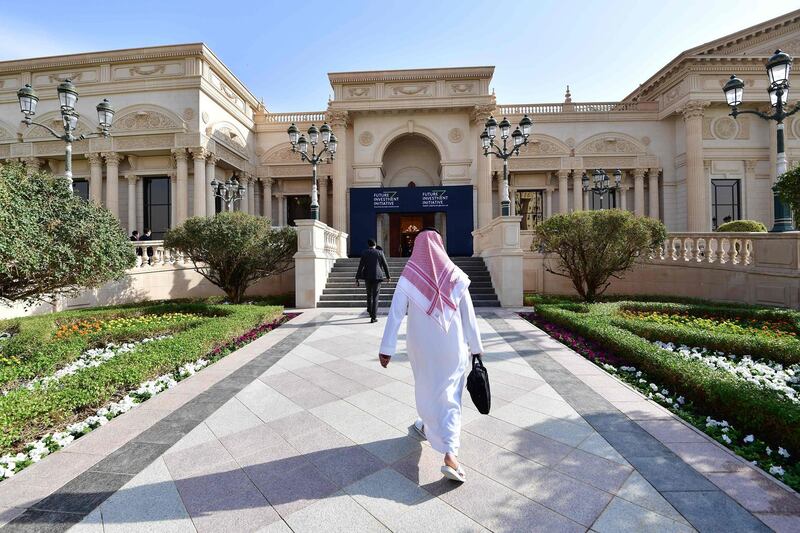Saudi Arabia, the biggest Arab economy, will offer international investors opportunities to snap up stakes in four sectors between now and the end of the first quarter of 2019 as it continues to push its economic reform agenda and monetise some of its state-owned assets, the Saudi economy minister said.
“Between now and the first quarter of 2019 we are going to introduce four opportunities, [including] in silos and grains, which is under the Ministry of Environment,” Mohammad Al Tuwaijri told the delegates on the final day of Future Investment Initiative (FII) conference in Riyadh. “We are also going to introduce some assets in education, schools. We are also going to introduce a couple of assets in healthcare, major institutions and some of the services of the healthcare [sector] and also some desalination plants.”
Some of the assets, he said, are “more ready than others” and the order of the state-owned assets in the privatisation pipeline depends on which sector they belong to. “This would be the first tranche,” Mr Al Tuwaijri said.
Saudi Arabia has embarked on a major economic overhaul of its economy in the wake of a three-year oil price slump which saw the crude prices falling from mid-2014 peak of $115 per barrel to less than $30 per barrel in the first quarter of 2016. The crude benchmark has since clawed back, breaching $80 per barrel in recent weeks. The kingdom, however, is pushing ahead with Vision 2030, a reform programme with privatisation of state assets as one of its main pillars.
Public float of Saudi Aramco, the world’s top oil producing company, that according to some estimates could fetch up to $100 billion in proceeds, is at the heart of the government’s privatisation drive.
Earlier this year Saudi Arabia delayed Aramco’s IPO, pending its planned merger with Sabic, the biggest petrochemicals producer in the Middle East. Saudi Arabia’s Crown Prince Mohammad Bin Salman, in an interview with Bloomberg said the Sabic acquisition has had a knock-on effect on Aramco so the deal would happen in late 2020 or early 2021.
Mr Al Tuwaijri on Thursday said that the IPO will take place whenever the government decides to proceed with it.
He estimated last year that Riyadh’s de-nationalisation drive could raise about $200bn, in addition to any Aramco IPO proceeds. Asked to comment on Thursday whether that figure is still achievable, the minister said it will depend on which assets are selected for privatisation and whether or not assets from the Public Investment Fund are included. “The figure could vary but the market ultimately will decide.”
“The scale of this programme is significant and it deserves to take all efforts to prepare the infrastructure and prepare the eco-system for the private sector to engage in this,” Mr Al Tuwaijri said, when asked to comment on the slow pace of privatisation efforts.







